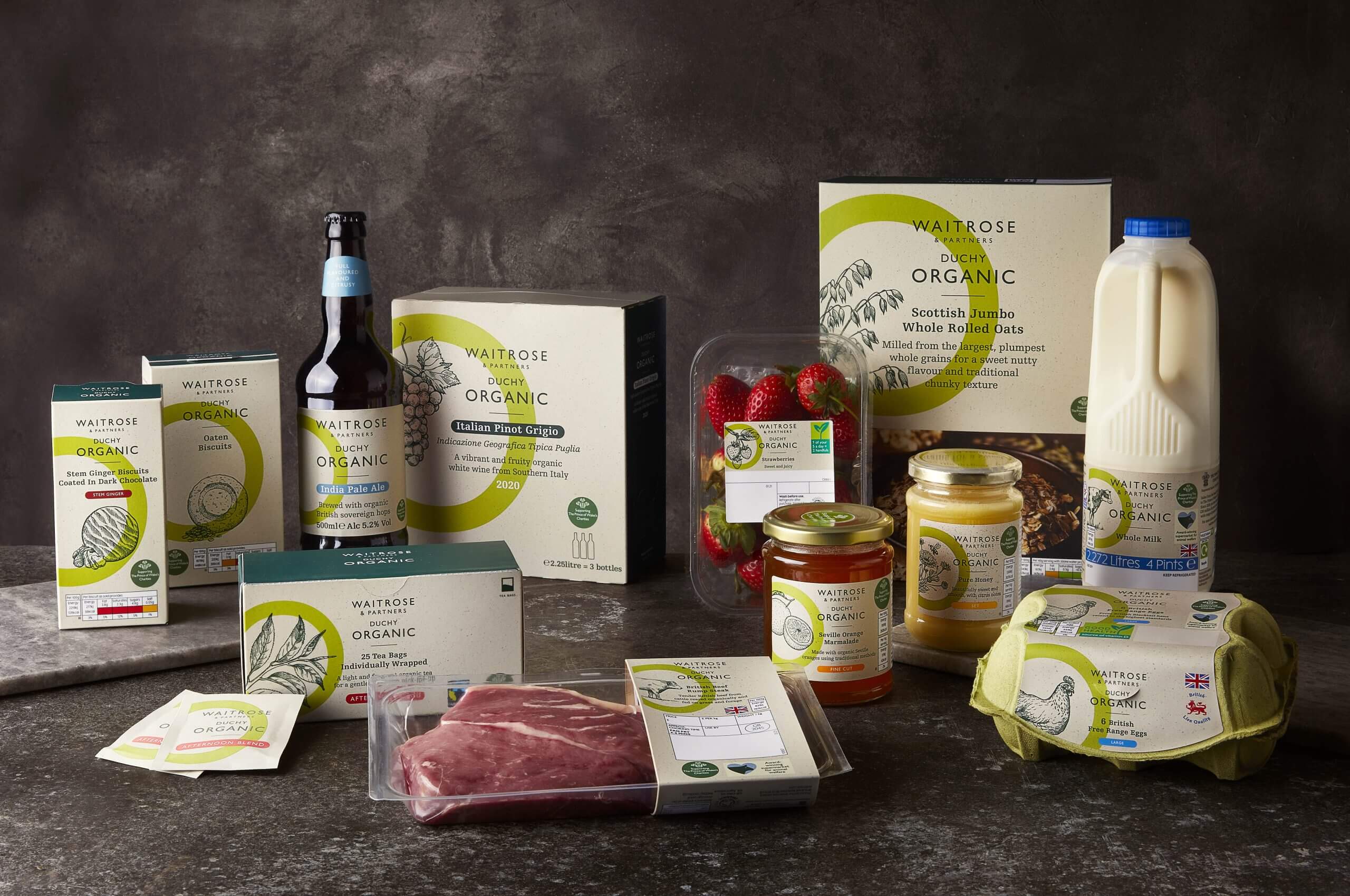The Rise of Private Labels
Since becoming a staple during the 1990s, the private label product has undergone quite the transformation. No longer is it discreetly placed at the bottom of the supermarket trolley. Now, any stigma of buying off-brand is well and truly retired.
For brands, this is perhaps concerning news, however, it’s a reality that private labels can now be real competitors, or perhaps even a threat. In a survey of US buyers, 55% of those in the baby boom generation said that they often choose private labels over brands. For millennials, this figure was 65%, and rose even further for Gen Z respondents, at 67%. There’s potential, therefore, for this challenge to become further exacerbated as the buyers of tomorrow come of age.
Different supermarket ranges have different messages to communicate to customers, and this is why you will see a mix of private label offerings. From the bottom-of-shelf, value pasta to the extraordinary, special ranges which often retain prime placement on supermarket shelves – putting them in direct competition with other more well-known brands. Tesco Finest and Sainsbury’s Taste the Difference are two of the fastest-growing private label brands and they show the UK market is polarised, with sales of premium and value brands both selling well.
The Brand Advantage
Despite this, a strong brand name still carries indisputable strength, particularly those which are well established. When faced with an abundance of options, the familiarity and reputation of a brand is a reassuring sight. For retailers, too, there’s safety in brands. Whether a customer is determined to buy a new pair of Nike trainers or is uncompromising in their loyalty to Heinz beans, if they can’t find what they’re looking for, they’re sure to go elsewhere. For retailers, cutting ties with brands is simply a risk too great.
Supermarkets are particularly prevalent examples of private label producers. Though there are clearly profitability perks with this approach, it’s not without its risks. The over-diversification of private labels can leave customers feeling confused about where exactly a private label’s strength lies. Sure, a supermarket might produce great quality cleaning products, but can they also make the best chocolate chip cookies?
Stand Out Packaging
Though they’re unlikely to be usurped by private labels anytime soon, it’s clear that brands can’t rest on their laurels if they’re going to win the battle against private labels. Brands are no stranger to the importance of excellent packaging, but when considering the role of private labels, packaging gives brands an opportunity to show off their strong sets. With limited room for investment, private labels often make little effort to ensure their product stands out, hoping instead that their prices will be enough to draw in shoppers. For brands, then, the right packaging can be key to grabbing customers’ attention and showcasing their superior quality.
Consistently strong packaging means that on every interaction with a product, the customer has the same positive response. The familiar red of a Coca Cola can, for example, with its recognisable white, scrawling font, means that a customer can quickly spot their favourite soft, whether they’re at their local shop, an overseas supermarket, or looking to order from a fast-food restaurant.
Well thought out packaging means that customers get a sense of the brand from their very first impression. From conveying luxury to promoting an environmentally friendly company ethos, brands have the space to use packaging to their advantage.
Of course, strong branding plays a crucial role in producing successful packaging and standing out in a crowded market, but when it comes to packaging, there’s more to consider than logos and colour schemes. At its most basic, packaging is the way that companies make sure that their product arrives into buyers’ hands in a pristine state. Great packaging does little to provide reputational protection if the end product is damaged. Choosing the right materials then, is crucial, and certainly worthy of investment.
Overcoming a Private Label Frenzy
Historically, private labels excel through times of socioeconomic difficulty. During 2008, the height of the economic crisis, branded food sales grew by just 2.8% in the US, while private label sales rose 10%. With the challenges posed by COVID-19, it seems likely that we’re in the midst of another private label growth period. However, with the right plan, brands can ensure that they continue to propel themselves forward, and packaging will play an important role in that strategy.
If you’d like to find out how our packaging premedia services can help you, contact We Are Amnet today.






